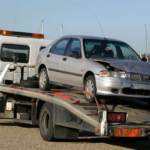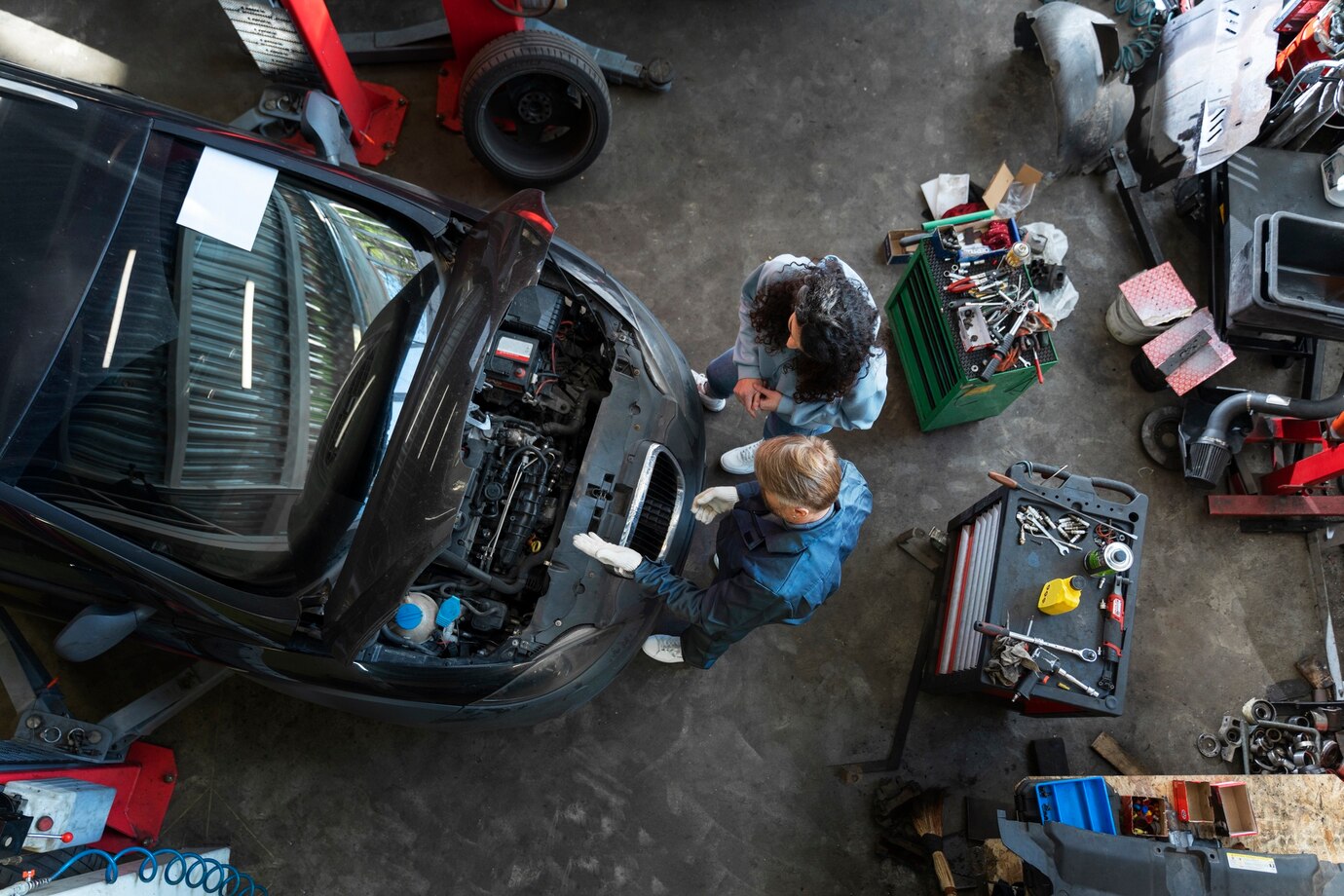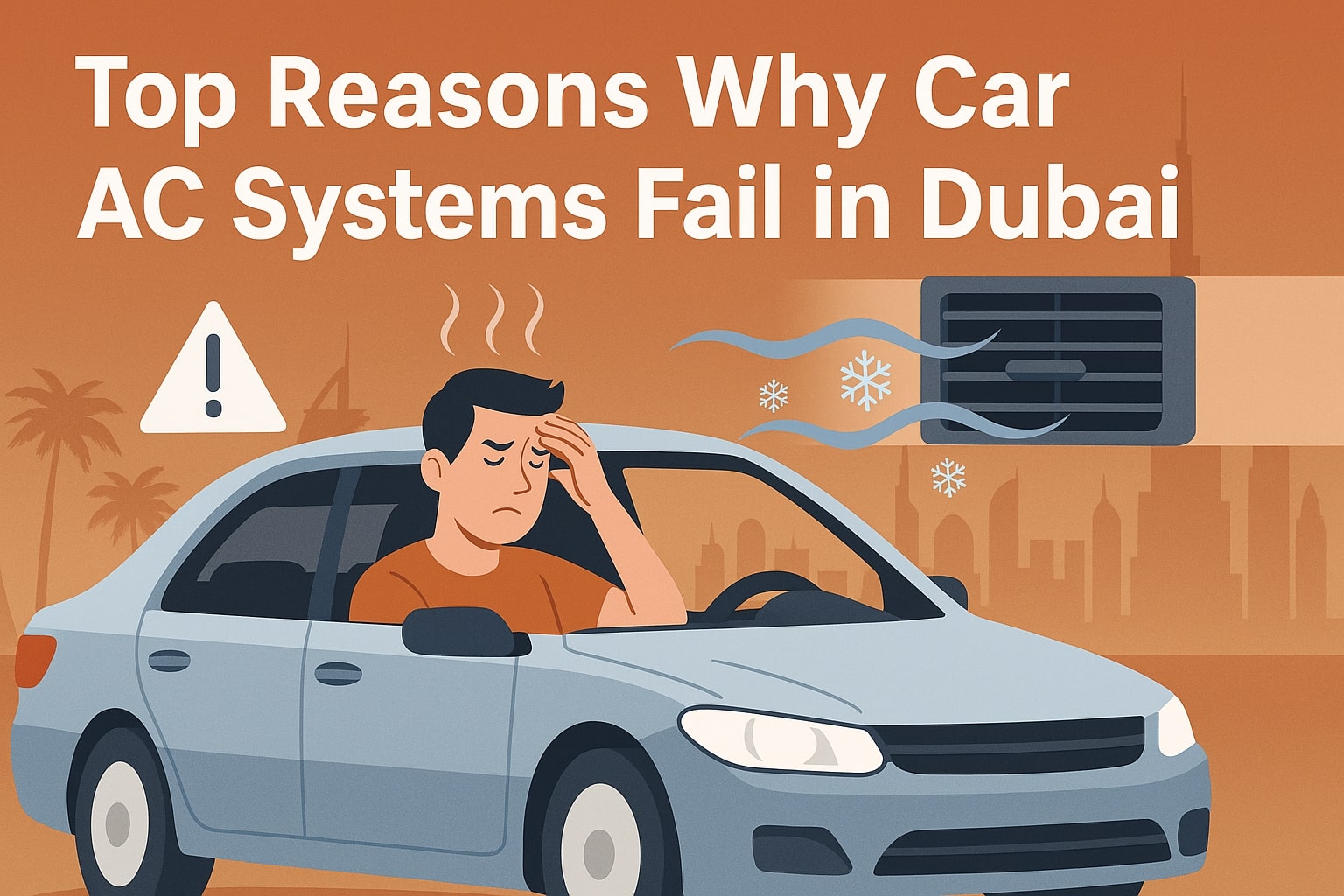Purchasing a pre-owned vehicle can be a smart financial decision, allowing you to get a reliable car at a lower price compared to a brand-new model. However, it also comes with its share of risks. Many buyers fall into common traps that can turn their exciting purchase into a costly regret. To help you navigate the process successfully, here are the top mistakes to avoid when buying a pre-owned vehicle.
1. Not Setting a Budget
One of the biggest mistakes people make when buying a used car is failing to set a budget beforehand. Without a clear financial plan, it’s easy to overspend or overlook hidden costs such as insurance, taxes, registration, and maintenance. Before you start shopping, determine how much you’re willing to spend and stick to it.
2. Skipping Vehicle History Reports
A vehicle’s history report provides crucial insights into its past, including accidents, title issues, service records, and mileage verification. Neglecting to obtain a report from sources like Carfax or AutoCheck could mean buying a car with hidden problems, such as flood damage or odometer fraud.
3. Failing to Inspect the Car Properly
Many buyers rely on a car’s appearance and test drive alone, but this can be a costly mistake. A thorough inspection by a trusted mechanic can uncover potential mechanical issues that might not be visible to the untrained eye. Checking for wear and tear, leaks, brake condition, and suspension problems can save you from unexpected repairs.
4. Ignoring the Test Drive
Some buyers skip or rush through the test drive, missing an opportunity to assess the vehicle’s performance. A proper test drive should include various driving conditions, such as highway speeds, city traffic, and rough roads. Pay attention to how the car handles, unusual noises, braking efficiency, and comfort.
5. Overlooking Ownership Costs
Beyond the purchase price, consider the total cost of ownership, which includes fuel efficiency, maintenance, insurance, and parts availability. Some used cars may have lower upfront costs but higher long-term expenses due to expensive repairs or poor fuel economy.
6. Not Researching Market Prices
Failing to research the fair market value of the car you are interested in can lead to overpaying. Websites such as Kelley Blue Book, Edmunds, and NADA provide price estimates based on the car’s make, model, year, mileage, and condition. Use these resources to negotiate a fair deal.
7. Falling for High-Pressure Sales Tactics
Used Car dealers or private sellers may use high-pressure tactics to rush you into a purchase. Don’t let urgency or flashy deals cloud your judgment. Take your time, compare options, and walk away if the deal doesn’t feel right.
8. Ignoring the Vehicle’s Title and Documentation
Purchasing a car without verifying the title can result in legal troubles. Ensure that the title is clean and free of liens or salvage status. Also, review other documents such as the bill of sale, maintenance records, and emissions test reports to confirm the vehicle’s legitimacy.
9. Neglecting to Check for Recalls
Recalls can affect a vehicle’s safety and performance. Check the National Highway Traffic Safety Administration (NHTSA) website to see if the car has any outstanding recalls. Addressing these issues before purchase can prevent potential safety hazards.
10. Not Considering Certified Pre-Owned (CPO) Options
Many automakers offer certified pre-owned programs that include comprehensive inspections, warranties, and additional benefits. While CPO vehicles may cost more than regular used cars, they provide peace of mind and potential savings on future repairs.
11. Focusing Solely on Monthly Payments
While low monthly payments may seem appealing, they often come with extended loan terms and higher overall costs. Instead of focusing solely on affordability per month, calculate the total amount paid over the loan term.
12. Buying Based on Emotion
Falling in love with a specific car can cloud your judgment. Emotional attachment may lead to overlooking red flags or negotiating poorly. Approach the purchase logically and be prepared to walk away if necessary.
13. Skipping Insurance Quotes
Before finalizing your purchase, obtain insurance quotes for the vehicle you intend to buy. Some models have higher premiums due to repair costs, theft rates, or safety ratings. Understanding insurance costs upfront helps in making an informed decision.
14. Not Checking Vehicle Identification Number (VIN) Consistency
Ensure that the VIN on the car matches the one listed on the title and service records. Any discrepancies could indicate possible tampering or fraud.
15. Relying Solely on Online Listings
While online platforms are convenient for browsing used cars, photos and descriptions can sometimes be misleading. Always inspect the vehicle in person and verify its condition before committing to the purchase.
16. Overlooking Fuel Efficiency
A car with poor fuel economy can significantly impact your budget over time. Consider fuel efficiency ratings and compare them to your daily driving habits to ensure the vehicle meets your needs.
17. Ignoring Financing Options
Many buyers stick to dealer financing without exploring other options. Compare rates from banks, credit unions, and online lenders to secure the best deal and potentially save thousands in interest.
18. Buying Without a Warranty
Some used cars come “as-is,” meaning you bear the cost of any future repairs. Whenever possible, opt for a car with a remaining factory warranty or consider purchasing an extended warranty to safeguard against unexpected issues.
19. Not Factoring in Depreciation
Even though a used car has already depreciated compared to a new one, some models lose value faster than others. Research the resale value and depreciation rate to make an informed choice.
20. Forgetting to Negotiate
Negotiation is a crucial part of the car-buying process. Many sellers list their prices with room for bargaining. Be prepared to negotiate based on your research and inspection findings to get the best deal possible.
Conclusion
Buying a pre-owned vehicle requires careful consideration and thorough research to avoid costly mistakes. By setting a budget, inspecting the car, verifying documents, and avoiding high-pressure sales tactics, you can confidently find a reliable vehicle that fits your needs and budget. Taking the time to do it right will ensure you enjoy your used car for years to come.




